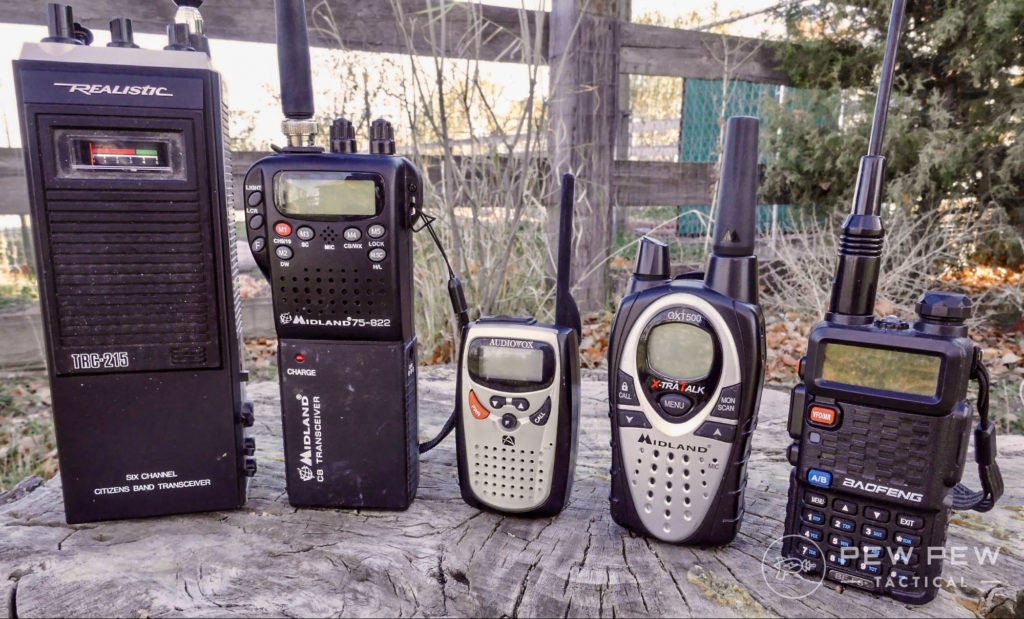Effective radio communication skills are essential for professionals in various industries, including emergency services, aviation, maritime, and security. Whether you're a pilot, a first responder, or a radio enthusiast, honing your radio communication skills can significantly enhance your effectiveness and safety. In this blog post, we will explore practical strategies and techniques to improve your radio communication skills, enabling you to communicate clearly, efficiently, and confidently in any situation.
- Understand Radio Communication Basics:
Before diving into advanced techniques, it's crucial to have a solid understanding of the fundamentals. Familiarize yourself with key concepts such as radio waves, frequencies, modulation, and signal propagation. Learn about different types of radio equipment and their functionalities, including handheld radios, base stations, and repeaters. Understanding these basics will provide a strong foundation for improving your radio communication skills. - Develop Active Listening Skills:
Active listening is a vital aspect of effective radio communication. Train yourself to listen attentively, focusing on the message being transmitted. Avoid distractions and practice filtering out background noise. Pay attention to tone, inflection, and emphasis to grasp the speaker's intent and emotions. Developing active listening skills will enable you to respond appropriately and avoid misunderstandings. - Use Clear and Concise Language:
In radio communication, clarity and brevity are paramount. Use simple, concise language to convey your message effectively. Avoid jargon, acronyms, or technical terms that may not be universally understood. Practice using the phonetic alphabet to spell out words clearly, especially when dealing with complex or unfamiliar terms. Remember, clear communication reduces the risk of misinterpretation and ensures efficient transmission of information. - Master Proper Radio Etiquette:
Adhering to proper radio etiquette is essential for maintaining professionalism and ensuring efficient communication. Familiarize yourself with internationally recognized radio procedures, such as the "Q" code and the "10" code. Use standardized phrases like "over" to indicate the end of your transmission and "out" to signify the end of the conversation. Respect others on the frequency by avoiding unnecessary chatter and allowing for pauses to facilitate communication flow. - Practice Effective Communication Protocols:
In high-pressure situations, having well-defined communication protocols can make a significant difference. Establish clear procedures for initiating and terminating radio communications, as well as protocols for emergency situations. Practice using the "readback" and "repeat back" techniques to confirm understanding and avoid errors. Regularly conduct drills and simulations to reinforce these protocols and improve response times. - Enhance Your Technical Knowledge:
To excel in radio communication, it's beneficial to expand your technical knowledge. Stay updated with the latest advancements in radio technology, including digital communication systems and software-defined radios. Familiarize yourself with different communication protocols, such as P25 and DMR, and understand their advantages and limitations. This knowledge will enable you to adapt to evolving technologies and make informed decisions when selecting radio equipment.
Conclusion:
Improving your radio communication skills is a continuous process that requires dedication and practice. By understanding the basics, developing active listening skills, using clear language, mastering radio etiquette, implementing effective communication protocols, and enhancing your technical knowledge, you can become a proficient radio communicator. Remember, effective radio communication is not only about transmitting information but also about building trust, ensuring safety, and fostering efficient collaboration in various professional settings.

